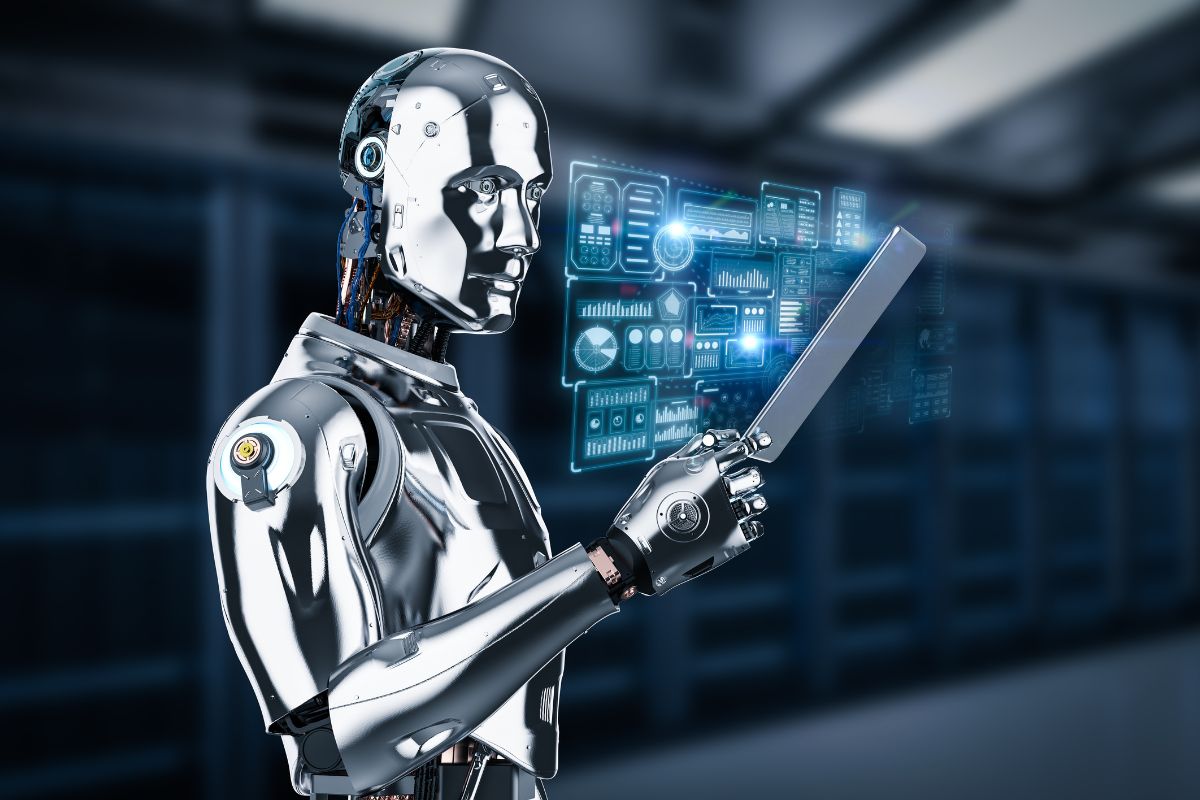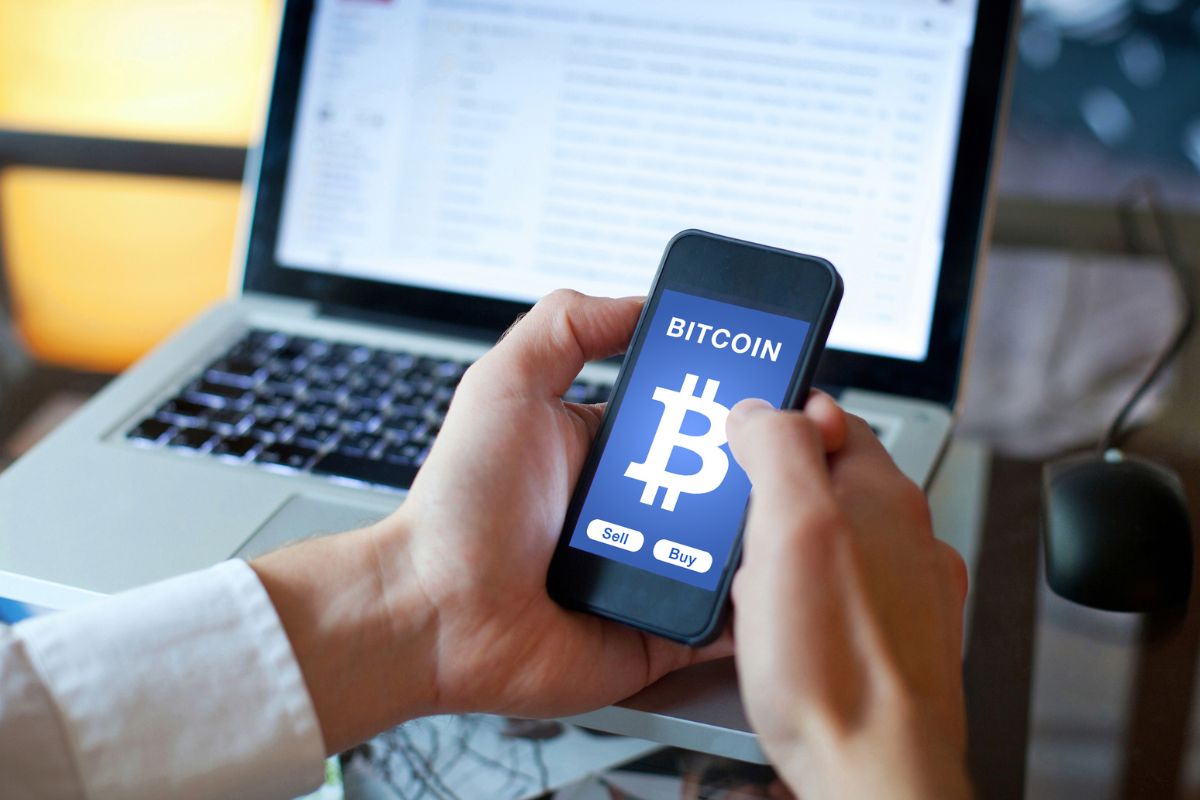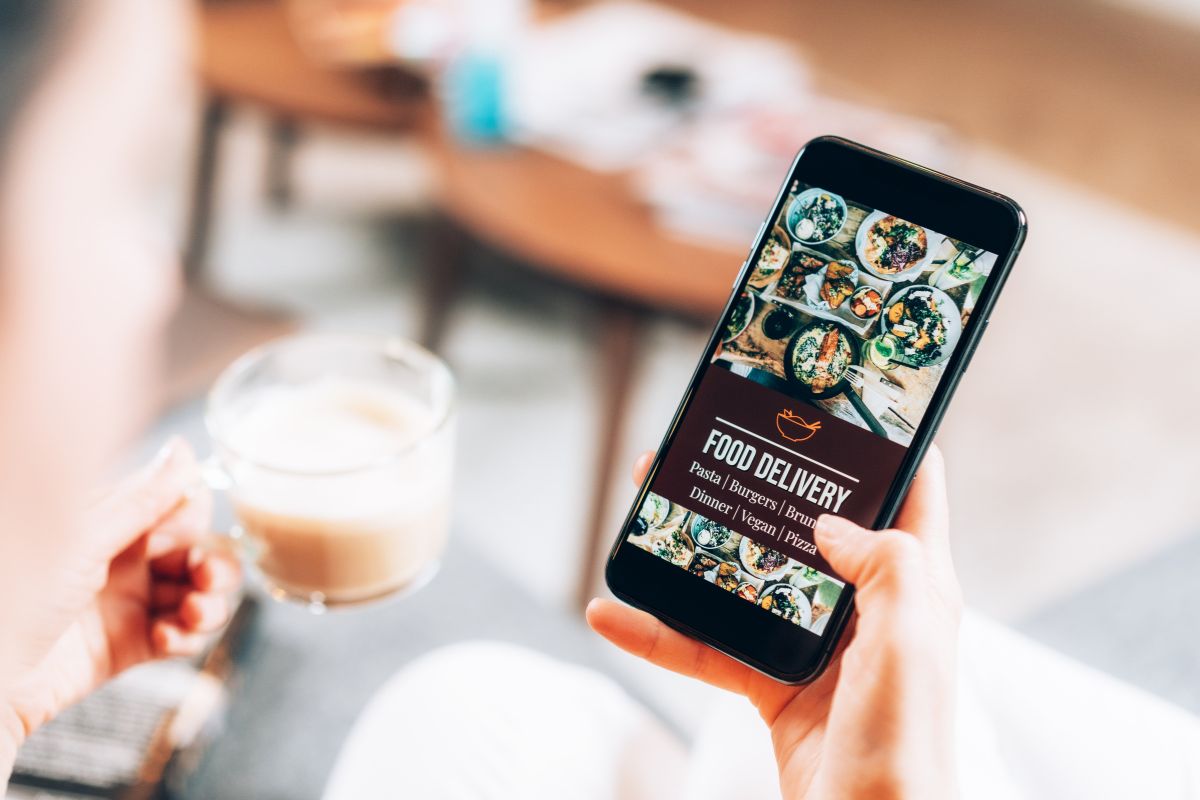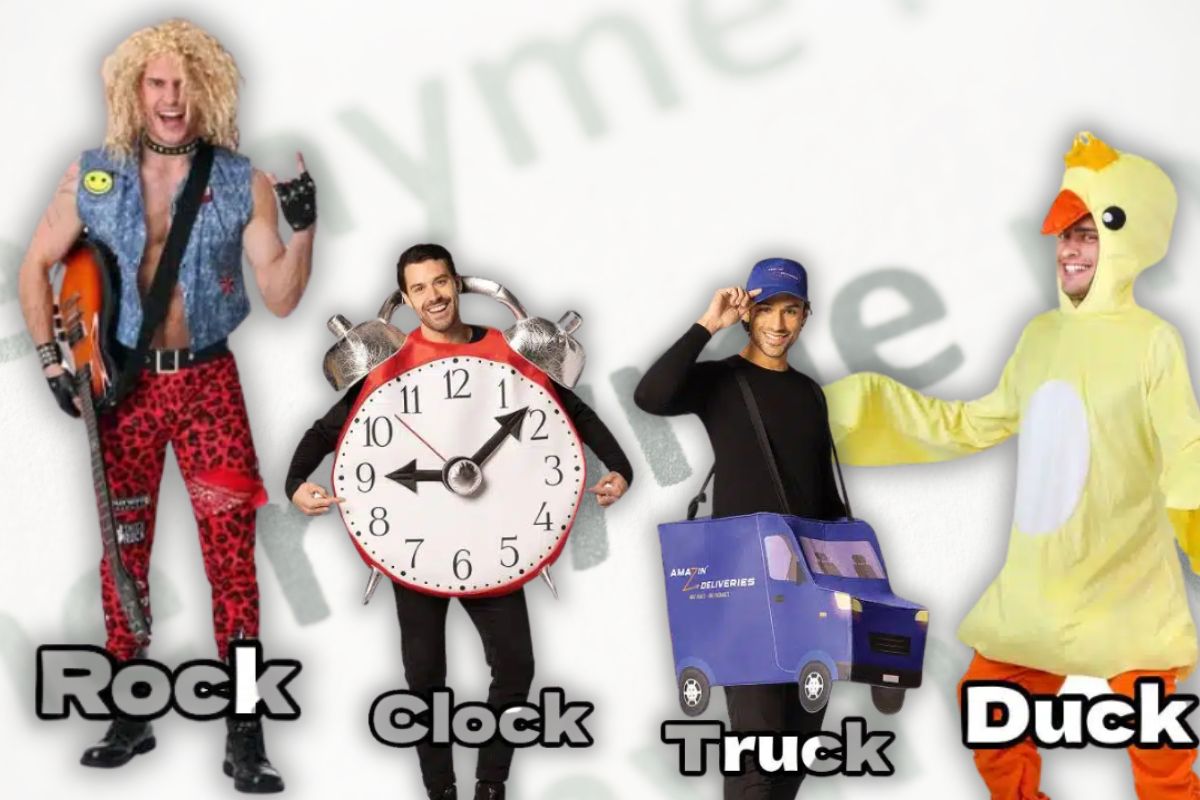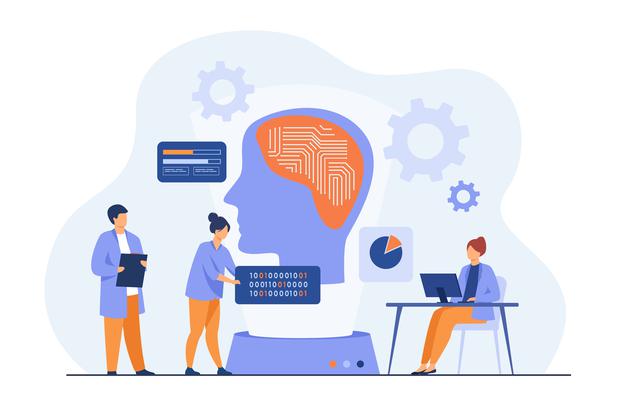The online retail industry is in the midst of crossroads now. On one hand, we have seen extraordinary growth in the number of orders processed by grocery delivery apps surpassing the major supermarkets and provision stores. The response from customers has also been positive as they get the benefits of greater convenience, availability of discounts and offers, and home delivery of groceries.
Instacart is a pioneer in this trending grocery ordering and delivery business. It functions in 5500 cities across the USA and Canada. Having earned $1.5 billion in revenue last year and pocketing a humongous market valuation of $39 billion, it has been staying ahead of its competitors through high efficiency in order management and innovations.
The main objectives of an app like Instacart are
- Increase the possibility of the customers finding the right grocery products on the Instacart Clone platform.
- Reduce the time for shoppers to purchase their groceries and make the required payment.
- Instant dispatch of delivery executives for lightning-fast order fulfillment.
How does an app like Instacart utilize the potential of technology to the fullest extent?
- Mobile-based checkout – Customers can process their grocery orders and checkout from the platform quickly just by making a few taps on their smartphones. This reduces waiting time and ensures greater user satisfaction. Instacart has also filed a patent for mobile self-checkout powered by “Scan and Purchase” technology.
- Real-time data analytics – The platform tracks the availability of millions of products located at their partner retail stores regularly. The total amounts to several petabytes (1024 TB each) to ensure that the desired goods demanded by the shoppers are always present.
- Usage of Machine Learning (ML) – Machine learning algorithms are utilized to handle over-demand and undersupply situations effectively. It helps in maintaining speed in loading of products, pre-check out, and checkout tracking. In the long run, it assists in convenient order fulfillment and faster grocery deliveries.
- Implementation of Artificial Intelligence (AI) – Artificial Intelligence is utilized to predict the shopping habits of customers in the future. It analyzes their ordered products over a period.
- Deep Learning – It is a subcategory of machine learning that shares relevant product replacement suggestions, enables easy personalized search for the shoppers, and facilitates the better discovery of new products.
- Probability – An app like Instacart uses probability to estimate the exact time when a prospective shopper would purchase a product. Accordingly, the retail stores will be filled up with the necessary groceries and an appropriate price would be charged to encourage more sales.
- Google Maps API – It helps in route optimization for the delivery personnel resulting in faster order fulfillment. Google Maps API shares different route combinations where there are minimum traffic and no chance of any travel delay.
- Other metrics – The productivity of the delivery executives and other employees is measured in terms of the percentage of customers who visit the platform during the available working hours, the idle time of the delivery personnel, and the unmet demand (canceled orders and lost deliveries).
Developing a world-class grocery ordering and delivery app like Instacart requires the entrepreneur to spend a huge investment and time. To make a quick impact in the market, it is better to acquire a ready-made Instacart clone app.
It is a feature-rich solution consisting of well-functioning Android and iOS apps for customers, delivery executives, store managers, and a robust admin panel.
The various challenges faced by an entrepreneur while using an Instacart Clone App are
- Issues like road blockage – due to work done by local government authorities in different locations. This forces the delivery executives to take a longer route leading to late grocery deliveries. Hence, the shoppers of Instacart get unhappy.
- Tips paid to the delivery executives – as the platform can reduce their operational costs without adding any substantial amount to their income. The tips should be an extra contribution to the delivery personnel apart from their basic compensation.
- Deep discounting – The total inflow of revenue is affected by selling groceries on the platform at a price lesser than the normal market rate. More costs are also incurred on the execution of heavy promotional campaigns to make customers aware of various discounts and offers.
- Lack of regular shopping by customers – Though the Instacart clone app is capable to cover almost every nook and corner of the market, shoppers may not purchase groceries from the platform frequently. The numerous reasons are the preference for hand-picking products before buying them, lack of promotional offers for all the products, and the absence of personalized shopping catalogs.
- Need for robust storage facilities – An app like Instacart sells a lot of perishable items such as fruits and vegetables to customers. A significant investment is needed in warehouses, delivery vans, containers, and cold storage facilities.
How an app like Instacart solves these different problems in online grocery delivery?
- Insightful advertising – It ensures that the different retailers can boost their business prospects. The advantages include better brand awareness, an increase in sales, a greater return on investment, and continuous optimization in the performance of the marketing campaigns.
- Cross-channel promotion – An app like Instacart also shares information about grocery sales on various E-Commerce sites, M-Commerce platforms, and even though Google Assistant.
- Personalized offerings based on the users’ location – The Instacart clone shares personal product recommendations, special offers, and other content to the customers as per their place of residence.
- Launching Micro Fulfillment Centres (MFCs) – An app like Instacart can start a large number of Micro Fulfillment centers as a viable alternative to self-pickup of groceries. The MFCs get instant information with every new order request from the shoppers. It can also be integrated with automatic warehouses powered by robots for greater order processing efficiency and efficient inventory management.
Final Thoughts
Online sales of groceries will pocket a 21.5% market share in the USA by 2025 and will reach a whopping market value of $250.26 billion. The trends that would drive the growth of the Instacart clone would be the preference for better convenience, preventing the users from getting exposed to the Covid-19 virus, and time savings.
Technology has been a great enabler for Instacart and it has expanded aggressively in different markets by acquiring smaller grocery chains. As time passes, more changes will be made in the operational processes and algorithms to ensure an unforgettable online grocery shopping experience for the customers.
It is better to team up with an experienced development company that will use cutting-edge technology to make an app like Instacart. This will give the entrepreneur a huge competitive advantage in the market over other online grocery retailers.




